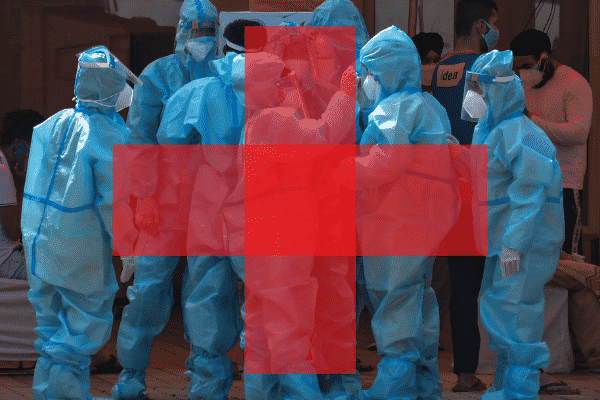Ever since COVID first struck in 2019-2020, responses to the pandemic have differed according to resources available and the speed in which governments took actions. India was lauded internationally for its early efforts in bringing the beast under control, but when a devastating second wave struck a year later in March 2021, the world watched horrified as the extent of loss hit the news.
The situation got more real as news of illness and deaths of loved ones back home trickled in. Life in Australia had almost returned to normal but Indians living here, with families in India, watched in sadness and hopelessness.
One such Indian-Australian was Dr. Rohina Joshi. As the head of the Global Health Workforce Program at the George Institute of Global Health and Associate Professor at the Faculty of Medicine at UNSW Sydney, Rohina felt impelled to take steps to support her fellow medical colleagues in India.
“I was getting constant messages about oxygen cylinders and hospital beds, and spent many nights linking people,” Rohina recounted to Indian Link. “It reached a point where I thought that doing things by myself, alone, was not going to be sustainable.”
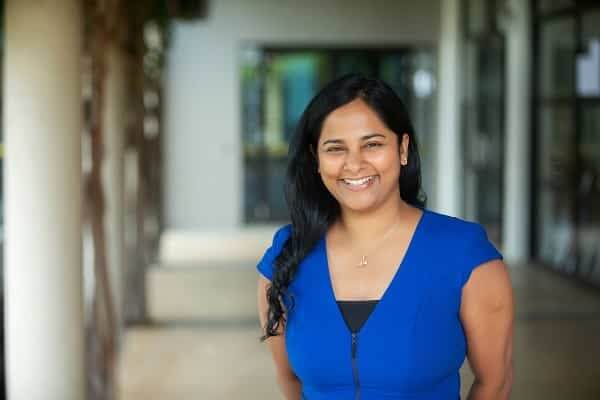
A post on her own Facebook page and that of a local community women’s group was her first attempt to reach out to doctors based in Australia. She also wrote to many medical groups.
The response was overwhelming. The result was the establishment of COVID Connect, launched by Rohina and a colleague Liza Thomas, professor and staff specialist at Westmead Hospital. Their aim was to provide a platform to connect healthcare professionals in Australia with their peers in India. Rohina’s colleagues at the George Institute also joined in.
Early efforts
There was no time to lose. Explaining the sprint speed in which they worked, Rohina said, “A survey was organised to figure out where various health professionals were based here in Australia, and what they could help with. Initially we worked via emails and phone calls. The launch of a website now has helped to make processes more streamlined. The core group now meets weekly.”
They decided that providing evidence-based telehealth support, peer-to-peer support and mental health support, were the three things they need to focus on for immediate impact. Many of the doctors on ground in India spoke to Rohina about mental exhaustion. Doctors were traumatised by being forced to choose which patients to save first, as they grappled with insufficient supplies of medicine and oxygen. The underfunded healthcare system was under severe pressure and with 3000 deaths every day, it was important to simultaneously train healthcare workers to educate the community and reduce the rate of infections.
READ ALSO: Where to donate to COVID relief in India
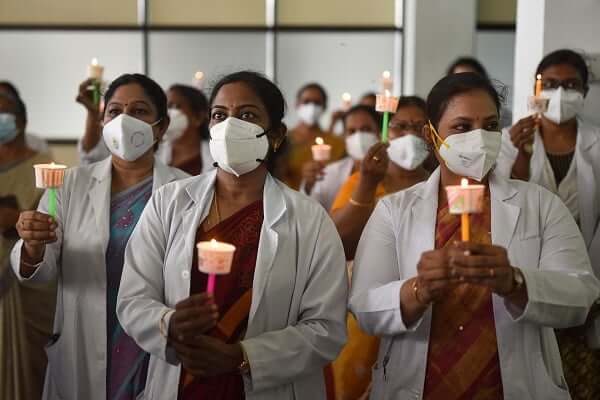
Organising telehealth services
They hit a legal roadblock with providing telehealth support. “If you are outside India, you cannot provide medical advice in India, even if you are trained there,” says Rohina.
Fortunately, they learnt of a volunteer effort in the US where expat doctors were providing telehealth services in collaboration with India-based doctors, to circumvent such legal issues. So they decided to work through two telehealth platforms: the US-based MDTok, and GlobalMedics4COVID in Sydney.
“Practicing as a doctor here in Australia is different to India,” admits Rohina. “We are well aware that we do not know the realities of the current situation in India.”
Sixty volunteer doctors in Australia were trained by their Indian counterparts to provide home-based care and practical advice to people in rural India where many homes are small and often have no toilets.
“We learnt about advising on simple things such as how to maintain spaces between people when living in tiny homes by not sitting or eating together, leaving doors and windows open, using the verandah, about pronation or sleeping on your tummy to ease breathing difficulties… very practical things,” says Rohina about the takeaways of the training.
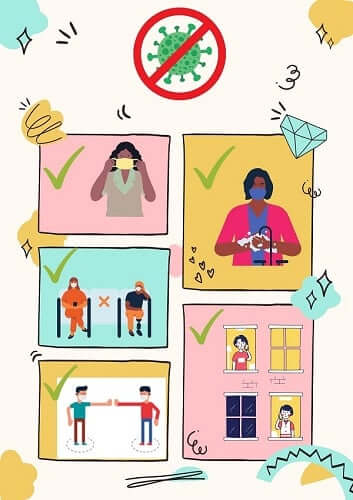
Providing online training for student volunteers
Liza Thomas, through a classmate in India, found that COVID Connect could be part of another larger initiative by Madurai Kamaraj University. They could help with online training of graduate student volunteers on the prevention and control of COVID.
To date Covid Connect has trained 600 graduate students and the faculty of seven colleges in Tamil Nadu. These students are now going to villages in Madurai to educate people about the virus and to counter vaccine hesitancy.
They also provide psycho-social support to counter the stigma caused by COVID, as well as grief support to people who have lost a loved one. “This is a beautiful model of how civil society can rise up and do something for prevention and control, and we play a small role in this much larger movement,” says Rohina about this ‘all hands on deck’ solution.
What started as a pilot has now grown bigger than what they imagined. They have been asked to train 2400 more graduate students. “We are bracing ourselves for this,” laughs Rohina, both excited and fearful at the enormity of the task.
While doctors on the ground in India are busy meeting their clinical responsibilities, these Indian-origin doctors in Australia are working with COVID Connect to provide all the additional support they can.
READ ALSO: India COVID crisis: ‘Lost 6 family members in 7 days’
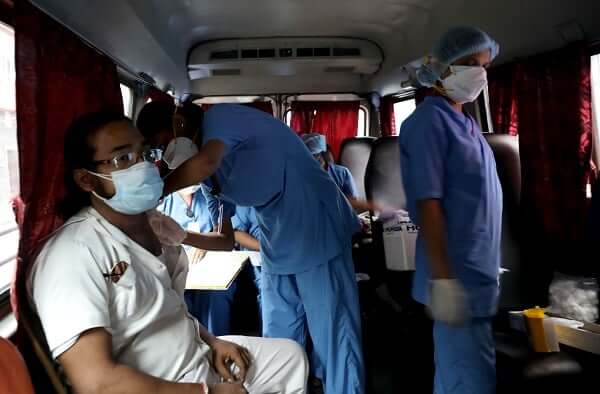
Caring for children dealing with loss
Another activity in the pipeline is sourcing simple, clear evidence-based materials for children dealing with loss of a loved one and major changes in their life caused by COVID in rural India. They have expanded their activities to cover North India where they will train more volunteers and also the Nepal region.
Sharing resources such as posters and messages to be distributed on social media platforms, has been another effective support activity. This helps to counter the misinformation spread through what Rohina calls “The WhatsApp University”.
In a matter of eight weeks, the movement has grown exponentially. But given that India has seen more than 30 million COVID cases, and some 403,000 deaths since March 2020, Rohina is aware that there is much to do. At the same time, she is confident that the work of COVID Connect will create the needed impact.
“I am amazed at the response and the generosity of all our volunteers,” she says with humility.
With COVID Connect, she’s proving again what anthropologist Margaret Mead once said, “Never doubt that a small group of thoughtful, committed citizens can change the world; indeed, it’s the only thing that ever has.”
For more details and to find out how you can help, click here.
READ ALSO: Returning from India, emotionally and physically shattered
Link up with us!
Indian Link News website: Save our website as a bookmark
Indian Link E-Newsletter: Subscribe to our weekly e-newsletter
Indian Link Newspaper: Click here to read our e-paper
Indian Link app: Download our app from Apple’s App Store or Google Play and subscribe to the alerts
Facebook: facebook.com/IndianLinkAustralia
Twitter: @indian_link
Instagram: @indianlink
LinkedIn: linkedin.com/IndianLinkMediaGroup



